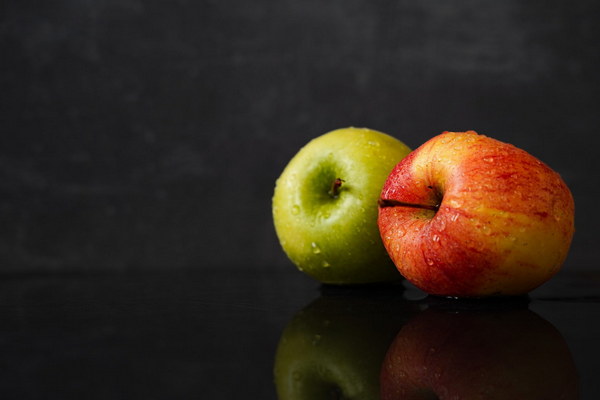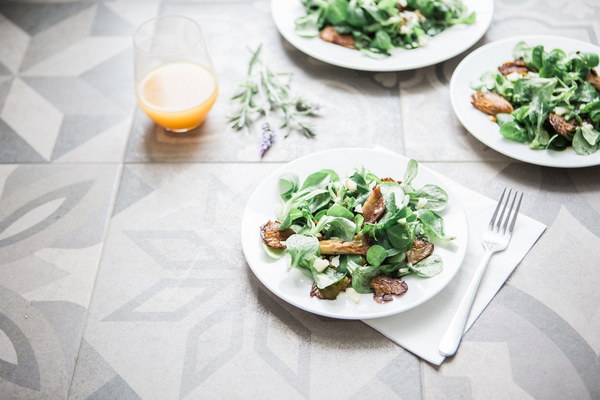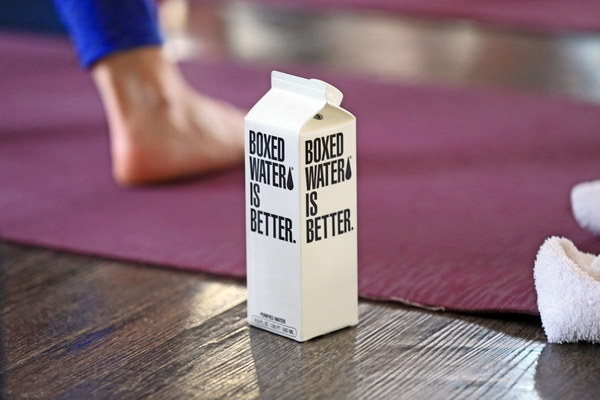Age-Appropriate Care Keeping Your Senior Dog Healthy After 5 Years Old
As our beloved pets age, their needs change, and it's crucial to adapt our care routines to ensure they remain healthy and comfortable as they enter their senior years. Once your dog reaches five years old, they transition from adulthood to their golden years, and their bodies may start to show signs of aging. Here's a comprehensive guide on how to care for your senior dog to maintain their health and well-being.
Regular Vet Check-ups
The first step in maintaining your senior dog's health is to schedule regular veterinary check-ups. These visits are essential for monitoring any age-related health issues and catching them early. Discuss with your vet any changes in your dog's behavior, appetite, or physical condition. Routine blood tests, urine analysis, and dental checks can help detect underlying problems before they become severe.
Balanced Diet
A balanced diet is crucial for your senior dog's health. As dogs age, they may experience a decrease in their metabolism, which can lead to weight gain. It's important to adjust their food intake to prevent obesity, which can put additional strain on their joints and organs. Consult with your vet to find the right type of food for your senior dog, considering their specific nutritional needs and any health conditions they may have.
Regular Exercise
Regular exercise is still important for senior dogs, but the intensity and duration should be adjusted to their abilities. Aim for gentle walks and play sessions that are moderate and not too vigorous. Swimming is an excellent low-impact exercise for older dogs, as it is easy on their joints. Regular physical activity helps maintain muscle tone, improves circulation, and can help prevent obesity.
Joint Care
As dogs age, they may develop arthritis or other joint issues. Look for signs of joint discomfort, such as limping, difficulty rising, or decreased mobility. Your vet can recommend joint supplements, such as glucosamine and chondroitin, to help alleviate pain and maintain joint health. If necessary, consider using a dog bed with orthopedic support and ramps to help your senior dog navigate stairs or get into and out of vehicles more easily.
Dental Care
Dental health is often overlooked in older dogs but can lead to serious health issues. Periodontal disease, for instance, can lead to heart, liver, and kidney problems. Regular teeth brushing and dental cleanings at the vet's office can help prevent dental disease. If your dog is resistant to brushing, consider dental chews or treats designed to clean teeth.
Skin and Coat Care

Senior dogs may experience changes in their skin and coat. Regular grooming, including brushing and bathing, can help maintain their skin's health and detect any lumps or bumps early. Use gentle, hypoallergenic shampoos and conditioners to avoid irritation. Pay attention to any signs of skin issues, such as excessive scratching or bald spots, and consult your vet for appropriate treatment.
Mental Stimulation
Don't forget about your senior dog's mental health. Regular mental stimulation, such as puzzle toys or training sessions, can help keep their mind sharp and engaged. Spend quality time together, whether it's through gentle play, gentle petting, or simply sitting together in a quiet room.
Comfort and Safety
Create a comfortable and safe environment for your senior dog. Provide a warm, cozy bed in a quiet area of your home. Ensure that all stairs and doorways are easily accessible, and consider using non-slip mats on slippery surfaces. If your dog is having difficulty with certain activities, such as jumping into the car or onto furniture, look for alternative solutions, like ramps or low steps.
In conclusion, caring for a senior dog requires a tailored approach that takes into account their changing needs. Regular veterinary care, a balanced diet, gentle exercise, and attention to their physical and mental well-being are all essential components of maintaining your senior dog's health and happiness. With love and proper care, your senior dog can enjoy their golden years comfortably and with the dignity they deserve.









